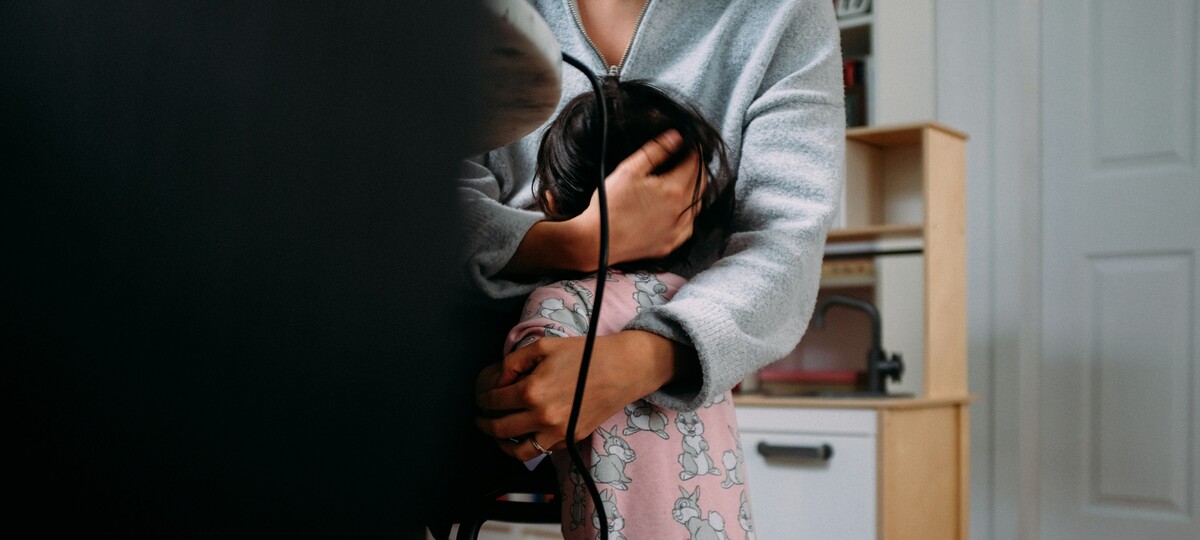
They say the road to success is made by walking. For kids, that is literally true.
Turns out that the more kids walk around, the more upward mobility they enjoy as adults, concluded a study in American Psychologist.
The researchers, led by Shigehiro Oishi, wondered why there are such "large regional differences in upward social mobility." They examined the data on 10 million city dwellers (not suburbanites or rural kids) born in 1980-82 and factored in variables such as the quality of the local schools, ethnicity and income inequality. Even so, walkability itself impacted kids psychologically and economically.
In particular, the researchers found that kids born into the lowest fifth of the income scale had the greatest chance of getting out of poverty in adulthood the more they walked as kids.
Holy hamstrings! What is going on? It could be a lot of things.
One factor is purely economic: If a neighborhood is walkable, the family might not need a car, which is a huge savings. No insurance, parking fees or repairs. No traffic tickets either.
Beyond this, there are all the things that happen when you're walking around your neighborhood as a kid, like meeting people and having some adventures. (More than you'd have in a booster seat, anyway.) The researchers found that walking around contributes to a sense of community and belonging — powerful positive forces we all long for.
It's also obviously healthy. That's why so many people are obsessed with 10,000 steps a day. (Nine thousand nine hundred ninety-nine? Here comes the Grim Reaper. Ten thousand? Donuts for everyone!)
When you walk, you also have time to let your mind wander, which is good for creativity and problem-solving. For what it's worth, I can remember teaching myself to whistle on my walks to school, as well as crunching leaves and freezing, then freezing some more.
Oh — and freezing. (Winters, Midwest.)
However, one factor that hasn't been studied is the kids' own sense of self-confidence and freedom. Kids allowed to walk know their parents trust them — already a significant boost. But they also learn to trust themselves — their wits, legs and ability to deal with life. That's rocket fuel for a positive sense of self.
Of course, walking around isn't valuable only because it boosts adult earning power! But what a bonus — especially for anyone growing up poor. The study authors note: "The opportunity for children from poorer households to pull themselves up the economic ladder in adulthood is a hallmark of a just society."
For parents afraid that letting their kids walk outside could result in an unpleasant encounter with the authorities, consider two things:
1. This is rare. I happen to report when it occurs because I am always trying to highlight the real-world impact of overestimating danger and underestimating kids. After all, that's the culture I'm trying to change.
2. To make such encounters rarer still, consider trying to get a Reasonable Childhood Independence law passed in your state. Utah, Oklahoma, Texas, Colorado, Connecticut, Virginia, Illinois and Montana have already done so. Here's our Legislative Toolkit, which can help!
When kids can walk alone, they can find their way to parks, playgrounds, hijinks, health, joy and — apparently — the middle class.
Out you go, kids! Come back with a job and a mortgage!


 Contact The Editor
Contact The Editor
 Articles By This Author
Articles By This Author